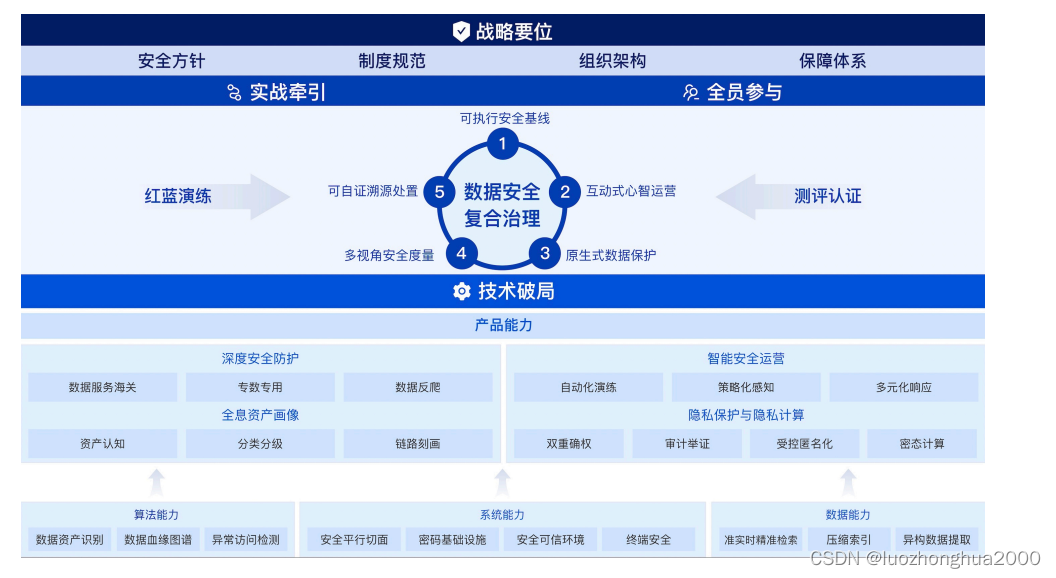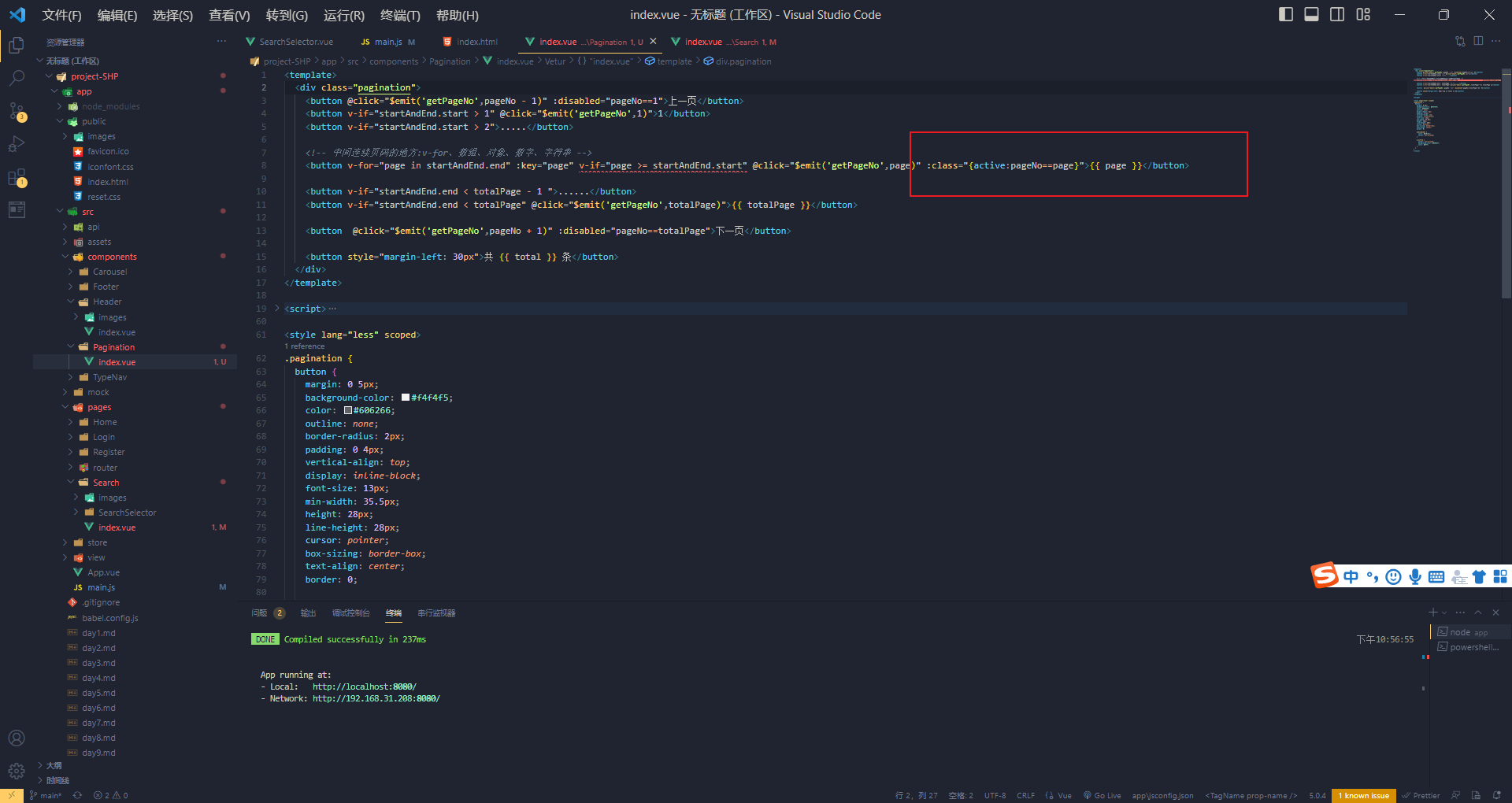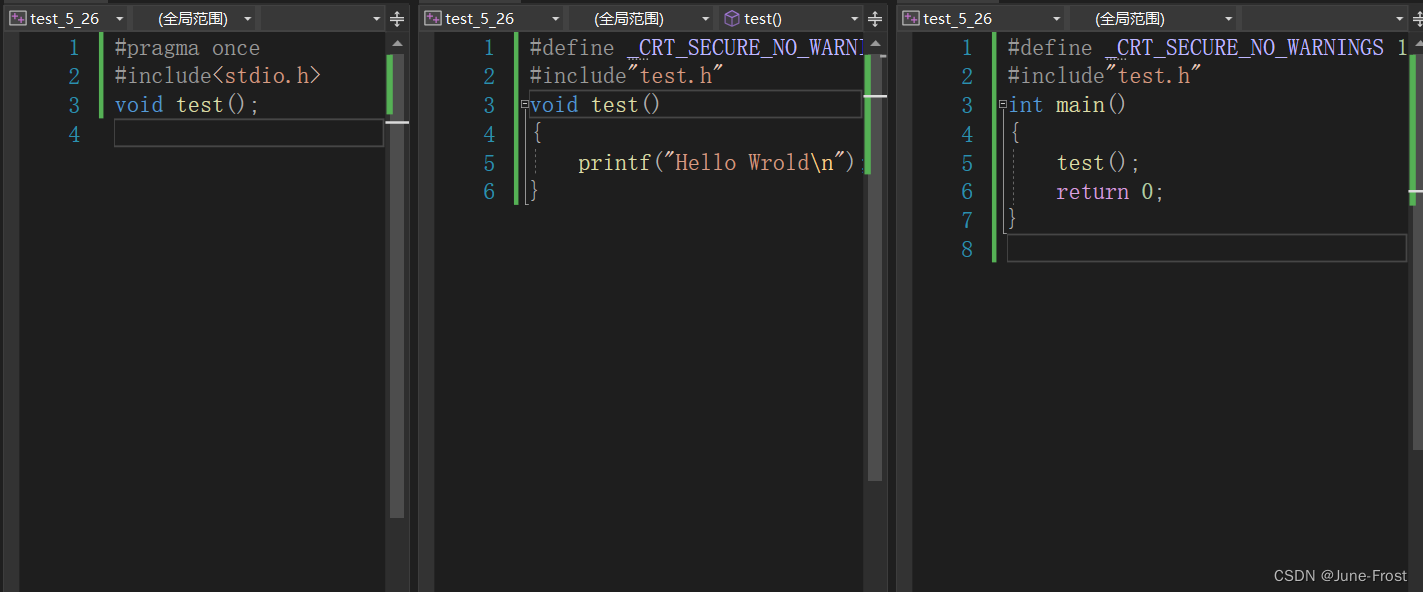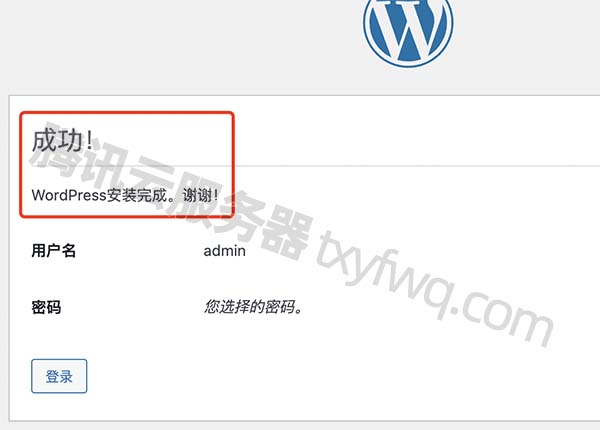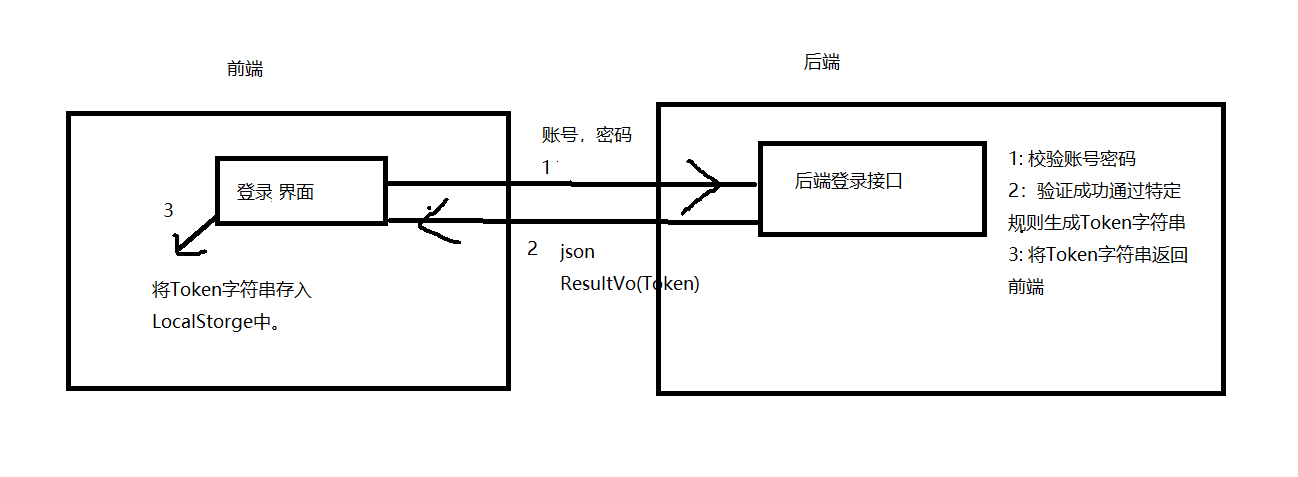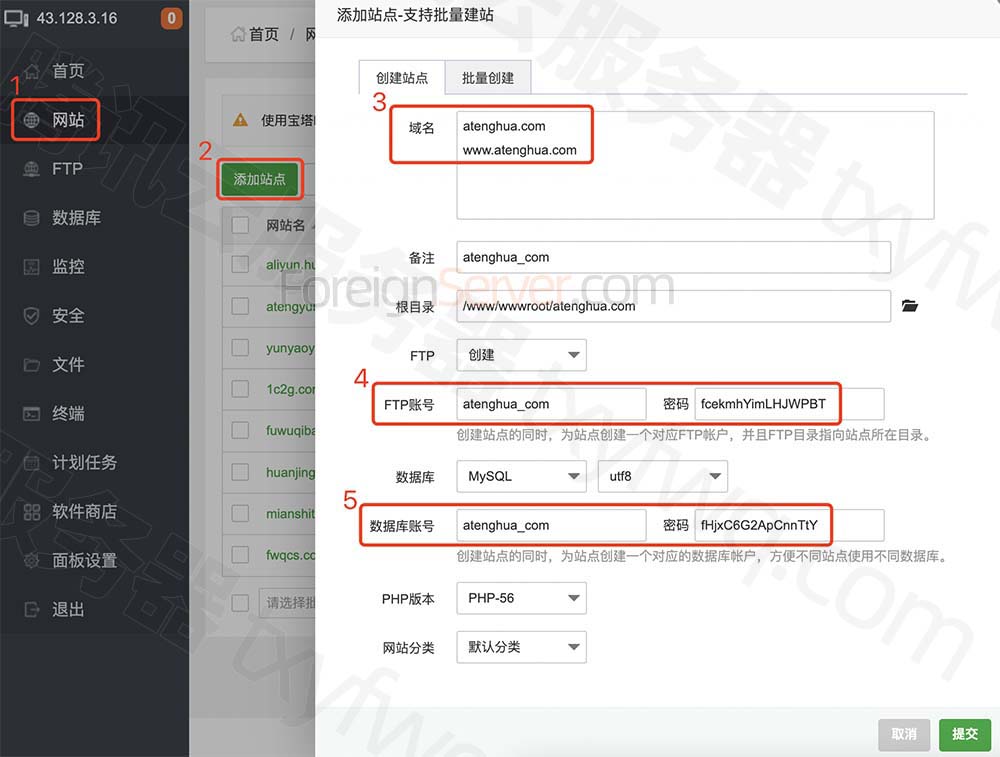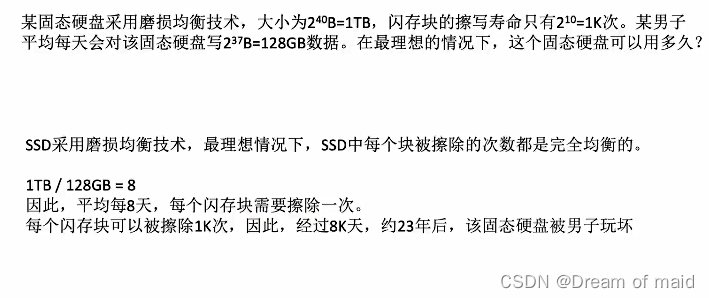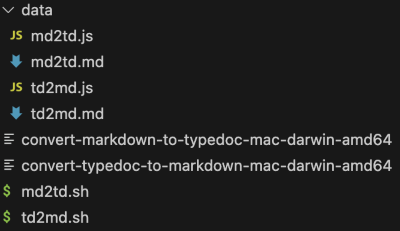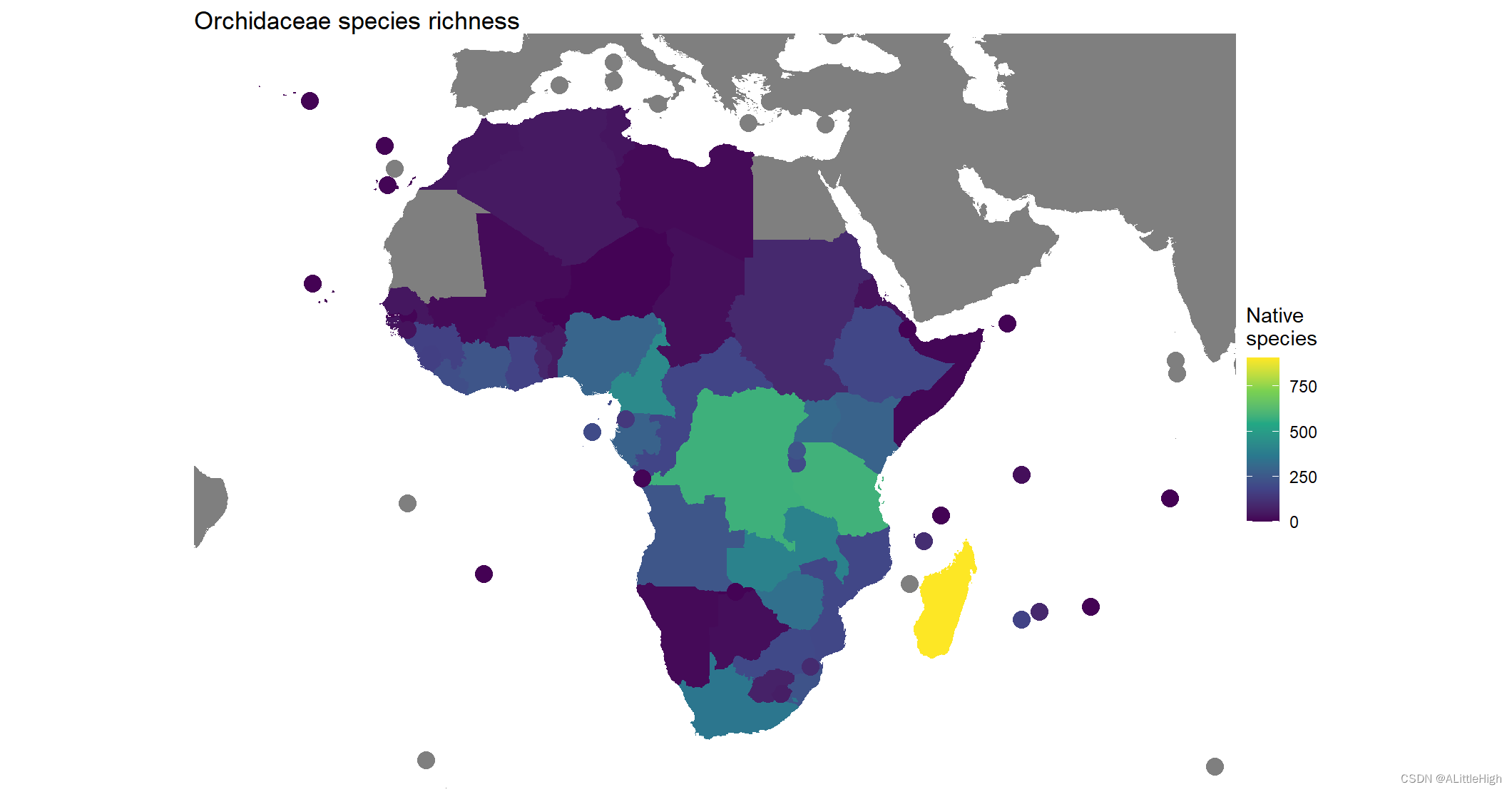一个疑问的引入
我之前出于优化常数项时间的考虑,想当然的认为 String#equals 会事先使用 hashCode 进行过滤
我想像中的算法是这样的
- 当两个 hashCode 不等时,直接返回 false(对 hash 而言,相同的输入会得到相同的输出)。此时就能避免后续的双指针比对(时间复杂度: O ( m i n ( n , m ) ) O(min(n, m)) O(min(n,m)))
- 当两个 hashCode 相等时,考虑 hash collision(不同的输入可能会得到相同的输出)。此时后面的比对就无法避免了
也就是以下的代码
public boolean equals(Object anObject) {
if (this == anObject) {
return true;
}
if (anObject instanceof String) {
String anotherString = (String)anObject;
int n = value.length;
if (n == anotherString.value.length && this.hashCode() == anotherString.hashCode()) {
char v1[] = value;
char v2[] = anotherString.value;
int i = 0;
while (n-- != 0) {
if (v1[i] != v2[i])
return false;
i++;
}
return true;
}
}
return false;
}
但事实上确是
public boolean equals(Object anObject) {
if (this == anObject) {
return true;
}
if (anObject instanceof String) {
String anotherString = (String)anObject;
int n = value.length;
if (n == anotherString.value.length) {
char v1[] = value;
char v2[] = anotherString.value;
int i = 0;
while (n-- != 0) {
if (v1[i] != v2[i])
return false;
i++;
}
return true;
}
}
return false;
}
也就是我先前的设计思路有问题,但不妨参考一下 HashMap#getNode
final Node<K,V> getNode(int hash, Object key) {
Node<K,V>[] tab; Node<K,V> first, e; int n; K k;
if ((tab = table) != null && (n = tab.length) > 0 &&
(first = tab[(n - 1) & hash]) != null) {
if (first.hash == hash && // always check first node,显然这里是利用了 hashCode 进行过滤的
((k = first.key) == key || (key != null && key.equals(k))))
return first;
if ((e = first.next) != null) {
if (first instanceof TreeNode)
return ((TreeNode<K,V>)first).getTreeNode(hash, key);
do {
if (e.hash == hash &&
((k = e.key) == key || (key != null && key.equals(k))))
return e;
} while ((e = e.next) != null);
}
}
return null;
}
也就是说之前构思出来的算法应该是没有问题的,于是就有了一个疑问:为什么 String#equals 不使用 hashCode 进行第一次过滤?
一个我认为靠谱的答案
stackoverflow 高分答案
String的 hashCode 是延迟计算的,当字符串很长时进行 hash 的开销会很大(时间复杂度 O ( N ) O(N) O(N)),如果是一个生命周期很短的字符串,则代价会很大- 在实际实践中,大部分的字符串一般前面的字符就会不同,所以就算挨个比较也不会比较太多(如果计算 hashCode 则需要同时计算两个字符串,那么时间复杂度就会是 O ( M + N ) O(M+N) O(M+N))
出于对第一条的解读,在 HashMap 中做为 key 存在的字符串一般周期会存在的比较长所以计算 hashCode 是一个明智的选择
结合第一、二条来看,String#euqals 使用 hashCode 就显得不是很划算了
参考资料
- 《Why does the equals method in String not use hash?》
彩蛋
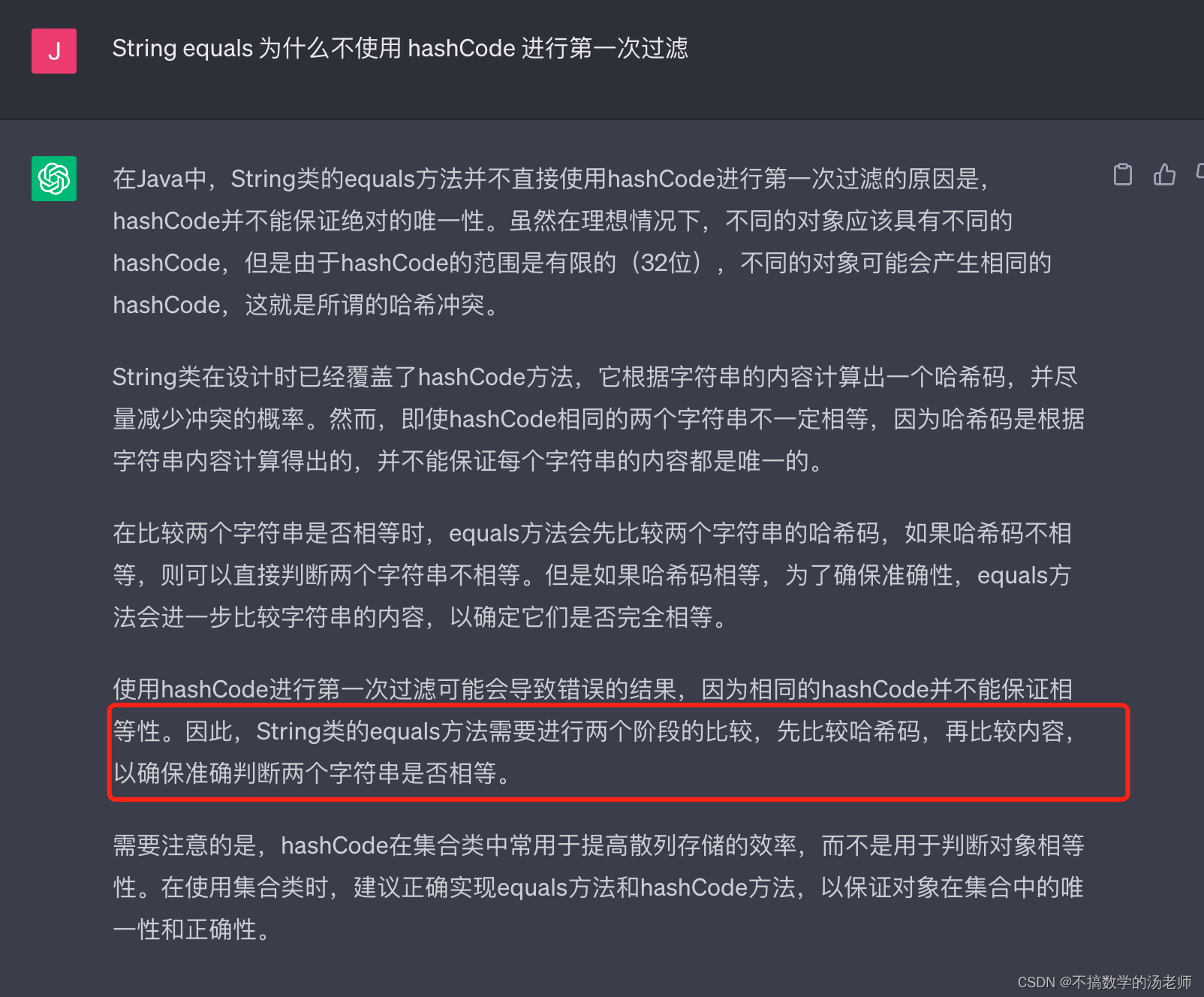
把 chatGPT 都忽悠瘸了
